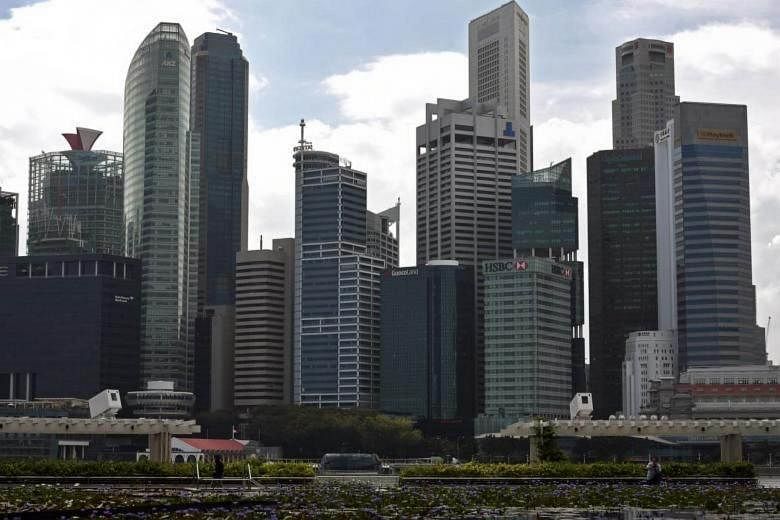It would be "ill-disciplined and unwise" to amend the rules on reserves as a first resort to meet financing needs, Finance Minister Heng Swee Keat said in Parliament yesterday.
This will defeat the purpose of enshrining the rules in the Constitution, which have been debated and agreed in the House, said Mr Heng, rounding up the Budget debate.
In response to at least three MPs who had asked if the Net Investment Returns (NIR) framework could be amended - by raising the spending cap - or if a portion of land sale proceeds could be used for recurrent social spending, Mr Heng said it is not the right thing to do.
The NIR framework allows the Government to spend half of the long-term expected real returns generated by the Monetary Authority of Singapore, Temasek Holdings and GIC, the three entities that manage and invest the reserves.
"We deliberately introduced rules on land sales and the 50 per cent NIR contributions cap so that we do not succumb to the temptation to draw more from our reserves to fund current expenditure or eat into the principal sum," said Mr Heng.
He also said that Singapore should not over-rely on the NIR contributions, which are already the largest source of its revenues, as this will hurt its ability to respond to changing circumstances in the future.
He added that government revenues are likely to decrease at the very moment when Singapore most needs resources to support its people and the economy.

"This is why our reserves are critical to help us overcome such challenges, especially since we have no natural resources," said Mr Heng, noting that it took a decade for employment rates in the United States to recover after the 2008 global financial crisis.
He also responded to Nominated MP Kuik Shiao-Yin, who had cited the International Monetary Fund's (IMF) assessment that Singapore is excessively prudent and that 27 per cent of its gross domestic product - or $113 billion - would be a good amount of reserves.
Mr Heng clarified that the IMF's guidance is meant specifically to address capital flight risk because Singapore deposit holders lose confidence in Singapore's currency.
"That is but one of many scenarios which our reserves have to deal with. We need to be prepared for crises that go beyond that," he said.


